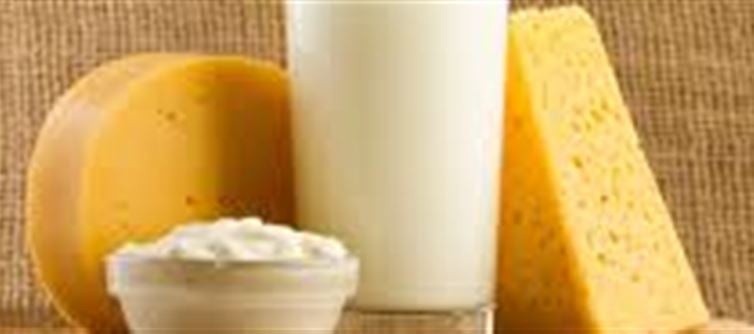
Recent research has sent shockwaves through food safety circles: raw milk cheeses may carry the H5N1 avian influenza virus, also known as bird flu. While the risk is relatively low for properly handled products, experts urge caution. Here’s what you need to know:
1. What the Study Revealed
Scientists tested cheeses made from unpasteurised milk and found:
· Infectious H5N1 particles survived the cheese-making process
· The virus could potentially infect humans consuming these products
· Highlights the importance of pasteurisation in dairy safety
2. Why raw Milk cheese Is Risky
Raw milk is milk that has not been heated to kill bacteria or viruses. While enthusiasts love its taste and texture, it carries risks:
· Pathogens like Salmonella, Listeria, and now H5N1 can be present
· Even small amounts of contamination can lead to infection
· Vulnerable populations like children, pregnant women, and the elderly are most at risk
3. How H5N1 Affects Humans
H5N1 bird flu primarily infects birds, but humans can occasionally contract it:
· Symptoms range from fever, cough, and sore throat to severe respiratory illness
· Mortality rates are higher in untreated severe cases
· Transmission through contaminated dairy is possible, though rare
4. Safety Precautions for Consumers
To protect yourself and your family:
· Prefer pasteurised milk and dairy products
· Avoid consuming raw milk cheese from unverified sources
· Store dairy products at the recommended temperatures
· Wash hands and utensils after handling raw milk
5. Regulatory and industry Measures
Food safety authorities are taking note:
· Increased testing of raw milk products for pathogens
· Stricter labeling regulations to inform consumers
· Encouraging dairy producers to follow pasteurisation and hygiene standards
6. Balancing Taste and Safety
Raw milk cheese lovers don’t have to panic:
· Opt for cheeses made from pasteurised milk
· Some artisanal cheeses undergo processes that reduce microbial risk
· Awareness and proper handling make enjoying dairy safer
Final Thoughts
The discovery of H5N1 in raw milk cheese is a reminder that food safety cannot be taken lightly. Choosing pasteurised products, maintaining hygiene, and staying informed about potential risks can keep your fridge safe without compromising on taste.
If you want, I can also make a “Top 5 Tips to Safely Enjoy raw Milk cheese Without Risking Bird Flu” listicle to guide readers practically. Do you want me to create that?
Disclaimer:
The views and opinions expressed in this article are those of the author and do not necessarily reflect the official policy or position of any agency, organization, employer, or company. All information provided is for general informational purposes only. While every effort has been made to ensure accuracy, we make no representations or warranties of any kind, express or implied, about the completeness, reliability, or suitability of the information contained herein. Readers are advised to verify facts and seek professional advice where necessary. Any reliance placed on such information is strictly at the reader’s own risk.




 click and follow Indiaherald WhatsApp channel
click and follow Indiaherald WhatsApp channel